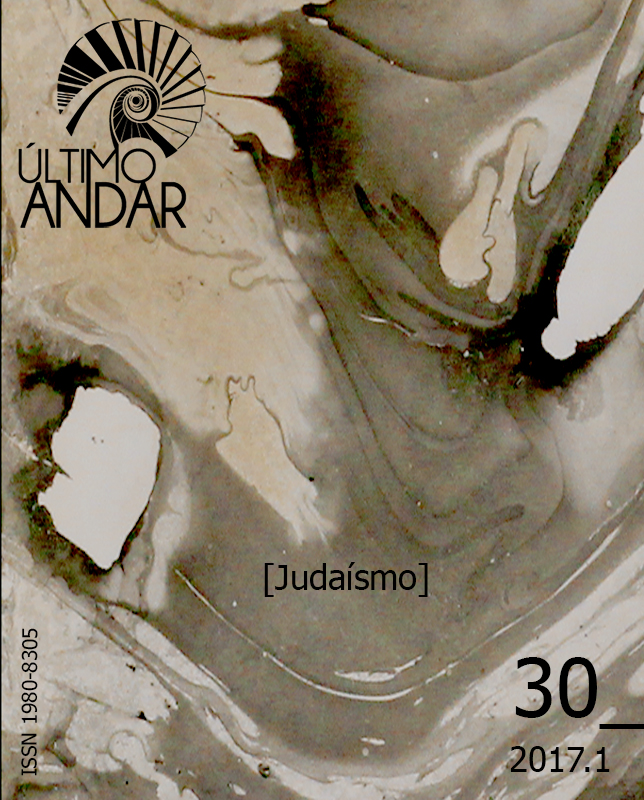DEFINITIONS AND PRACTICES OF RELIGIOUS MINORITIES IN THEIR RELATIONSHIP WITH THE PORTUGUESE STATE: WAYS OF INSTRUMENTALIZATION BY THE MAJORITY
DOI:
https://doi.org/10.23925/1980-8305.2017.i30p332-337Palavras-chave:
Religious minorities, institutional relation model, freedom of religion, PortugalResumo
Over the last quarter of the 20th century, the newborn democratic regime of Portugal sought not to antagonize the Catholic hierarchy. Aware of the clerical weakened position (after the April Revolution in 1974), the left-wing political forces that gained power after 1974, subtracted little from the church's institutions's public domain.Far from withdrawing those acquired rights, it was given a place to a system where minorities were given the opportunity to rise to the same level of respect that the state granted to the dominant religion. For example, through airtime on radio and public television and confessional space of schools. Because of the value and the respect that are gained, minorities adhered and still adhere to these models defending it as the most perfect realization - as the redaction of the Religious Freedom Act of 2001 reflects perfectly. Today, we have minorities supporting the status quo, defending the place and position of the Catholic church for fear of losing their rights by, in practice, decreasing the power of the majority.Downloads
Publicado
2017-10-07
Como Citar
Pinto, P. M. (2017). DEFINITIONS AND PRACTICES OF RELIGIOUS MINORITIES IN THEIR RELATIONSHIP WITH THE PORTUGUESE STATE: WAYS OF INSTRUMENTALIZATION BY THE MAJORITY. Último Andar, (30), 332–337. https://doi.org/10.23925/1980-8305.2017.i30p332-337
Edição
Seção
Internacional
Licença
Autores que publicam nesta revista concordam com os seguintes termos:
- Autores mantém os direitos autorais e concedem à revista o direito de primeira publicação, com o trabalho simultaneamente licenciado sob a Licença Creative Commons Attribution que permite o compartilhamento do trabalho com reconhecimento da autoria e publicação inicial nesta revista.
- Autores têm autorização para assumir contratos adicionais separadamente, para distribuição não-exclusiva da versão do trabalho publicada nesta revista (ex.: publicar em repositório institucional ou como capítulo de livro), com reconhecimento de autoria e publicação inicial nesta revista.
- Autores têm permissão e são estimulados a publicar e distribuir seu trabalho online (ex.: em repositórios institucionais ou na sua página pessoal) a qualquer ponto antes ou durante o processo editorial, já que isso pode gerar alterações produtivas, bem como aumentar o impacto e a citação do trabalho publicado.


